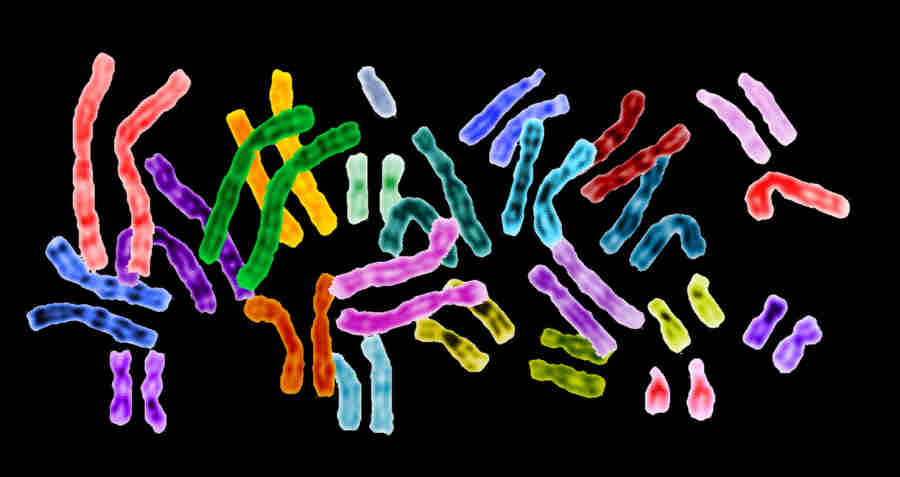I'd like to introduce you to a great website. Health Talk Online is run by the Health Experience Research Group at the University of Oxford.
The Research Group collects personal stories of health, illness and disability. As well as analysing these to use in academic publications, it makes the stories available on the website, as video or audio clips, so others with the same conditions can find support and information. There's a list of the conditions they've covered so far here.
At the moment, the researchers are looking for people with acquired conditions who live in London. Would you be interested in helping them? Contact details are here.They also want to speak to carers of people with MS, anywhere in the UK. Is that you, or do you know someone who is? Contact details are on the same page.
I know all and any help will be very gratefully received.
Wednesday, 14 December 2011
Friday, 9 December 2011
Research roundup December 2011: Blogger ate (most of) my post
This was going to be a lovely long, informative research roundup, full of interesting and groundbreaking stuff to take you through to the New Year.
Sadly, Blogger (the software on this site) decided to eat all my carefully saved links. And what with my terrible MS memory, I can only remember two of them!
Not to be daunted, I'm going to tell you about those two. I'm really sorry though. Hopefully I'll remember some of the others, and can add them to other roundups in the future.
I've often spoken before about vitamin D and MS. It's a very important area of research at the moment. Now a group of British and Canadian researchers have discovered a rare gene that seems to be linked to MS. The gene is called CYP27B1: a mutation in it affects a key enzyme, leading people with the variant to have lower levels of vitamin D.
They identified the mutation in CYP27B1 as being of interest, from looking at 43 people who came from families with 4 or more individuals affected by MS. Then they looked at over 3,000 unaffected parents of someone with MS. 35 of them carried one copy of the mutated version of CYP27B1 along with a copy of the normal version. In all 35 of these cases, the person with MS inherited the mutated version.
The likelihood of the gene's transmission being unconnected with MS are billions to one, the researchers claim. The very strong implication is that in these particular MS cases, low levels of vitamin D are directly connected to the disease.
It's always been thought that MS begins by attacking myelin in the inner layers of the brain, the white matter. Now American researchers have found that in fact the disease seems to move from the outer, cortical layers of the brain.
The next step for their research is to study these cortical lesions to identify new molecular targets for treatment, and to develop imaging techniques so that these lesions can be shown clearly.
And, well, that's it for December's roundup. Apologies again for the lack of content!
Sadly, Blogger (the software on this site) decided to eat all my carefully saved links. And what with my terrible MS memory, I can only remember two of them!
Not to be daunted, I'm going to tell you about those two. I'm really sorry though. Hopefully I'll remember some of the others, and can add them to other roundups in the future.
I've often spoken before about vitamin D and MS. It's a very important area of research at the moment. Now a group of British and Canadian researchers have discovered a rare gene that seems to be linked to MS. The gene is called CYP27B1: a mutation in it affects a key enzyme, leading people with the variant to have lower levels of vitamin D.
They identified the mutation in CYP27B1 as being of interest, from looking at 43 people who came from families with 4 or more individuals affected by MS. Then they looked at over 3,000 unaffected parents of someone with MS. 35 of them carried one copy of the mutated version of CYP27B1 along with a copy of the normal version. In all 35 of these cases, the person with MS inherited the mutated version.
The likelihood of the gene's transmission being unconnected with MS are billions to one, the researchers claim. The very strong implication is that in these particular MS cases, low levels of vitamin D are directly connected to the disease.
It's always been thought that MS begins by attacking myelin in the inner layers of the brain, the white matter. Now American researchers have found that in fact the disease seems to move from the outer, cortical layers of the brain.
The next step for their research is to study these cortical lesions to identify new molecular targets for treatment, and to develop imaging techniques so that these lesions can be shown clearly.
And, well, that's it for December's roundup. Apologies again for the lack of content!
Sunday, 4 December 2011
New blog
OK, first off, I'm still here, I'm not dead. Huge apologies for the long gap between posts. Looks like the November research roundup is going to be a December roundup...
Also, I just started a new blog. It's called The Spoonie Recipe Blog, and it's going to focus on recipes that don't need much energy to make, for people whose energy is limited by long-term illness. The first recipe - for the utterly toothsome Crispy Chicken - is here.
Back soon!
Also, I just started a new blog. It's called The Spoonie Recipe Blog, and it's going to focus on recipes that don't need much energy to make, for people whose energy is limited by long-term illness. The first recipe - for the utterly toothsome Crispy Chicken - is here.
Back soon!
Subscribe to:
Comments (Atom)

